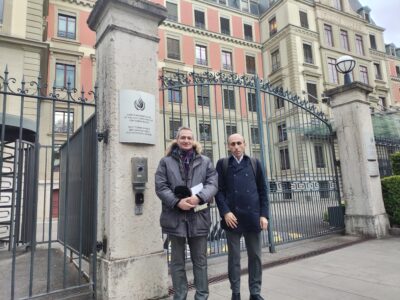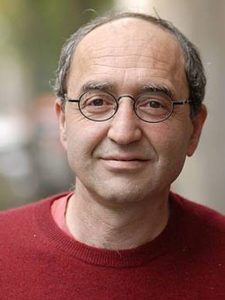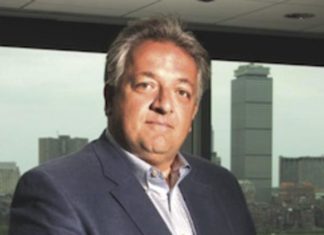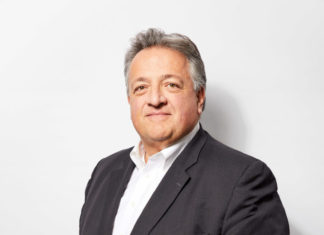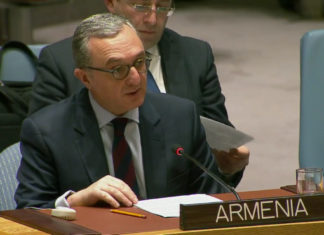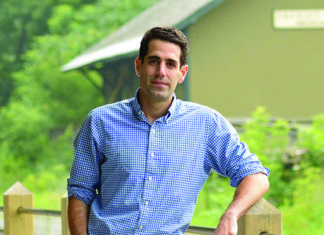Special to the Mirror-Spectator
ISTANBUL — Like any other day in the summer season, on July 31, thousands of tourists were standing in lines in the blistering heat to visit the Hagia Sophia and the Blue Mosque, the Topkapi Palace and numerous other sites here.
On the other side of the city, a smaller crowd of foreigners waited outside the grandiose edifice housing the 11th High Criminal Court. They, too, were rightly expecting to experience something of historic significance, albeit more political in nature. The group of 30 people had flown in from Germany as an observer delegation at the trial of Dogan Akhanli, a renowned German-Turkish novelist and playwright, who had been tried for a serious crime and acquitted by this same Istanbul court in 2011. Then, in early 2013 the Supreme Court of Appeals in Ankara surprisingly demanded the case be reopened. It argued that Akhanli had been a member of a terrorist group at the time of the crime (1989) and called for life imprisonment. Faced with this demand, the Istanbul court had to respond: either buckle under the pressure from above or reaffirm its sovereign verdict of acquittal for lack of evidence.
What transpired in the brief, less than one hour hearing can only be described as a piece of Kafkaesque theatre. The defense lawyers presented their case convincingly and with passion: Akhanli had been accused of involvement in the armed robbery of a money exchanger in 1989 and this same court had cleared him of all charges in 2011 for lack of evidence. In fact, there had been no material evidence gathered by the police investigation (they did not look for fingerprints on the bag the assailants had left behind in their flight from the crime scene), and witnesses who had named the accused in interrogations later retracted their testimony in the trial, saying they had been tortured.
This very court in Istanbul had therefore acquitted the defendant two years ago, and it should, the defense lawyers argued, reconfirm that decision. The judge, one of three present and the same one who had ruled two years earlier, summarized the defense lawyers’ statements, to have them entered in the record. Then the prosecuting attorney, who had been looking on apathetically, acknowledged that he had not fully read through the documentation, but nonetheless spoke in favor of reversing the earlier acquittal and called for adjourning to a later date. The judge obliged, declaring that the court would reconvene on October 4. He added that the defendant should appear in person at that hearing, and announced that the court has issued an international arrest warrant for him.
